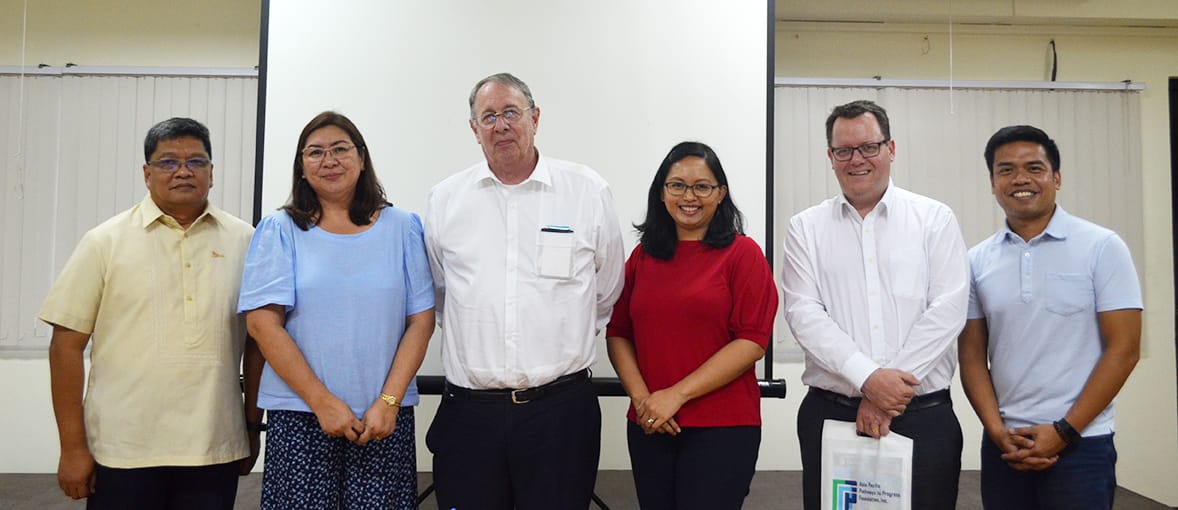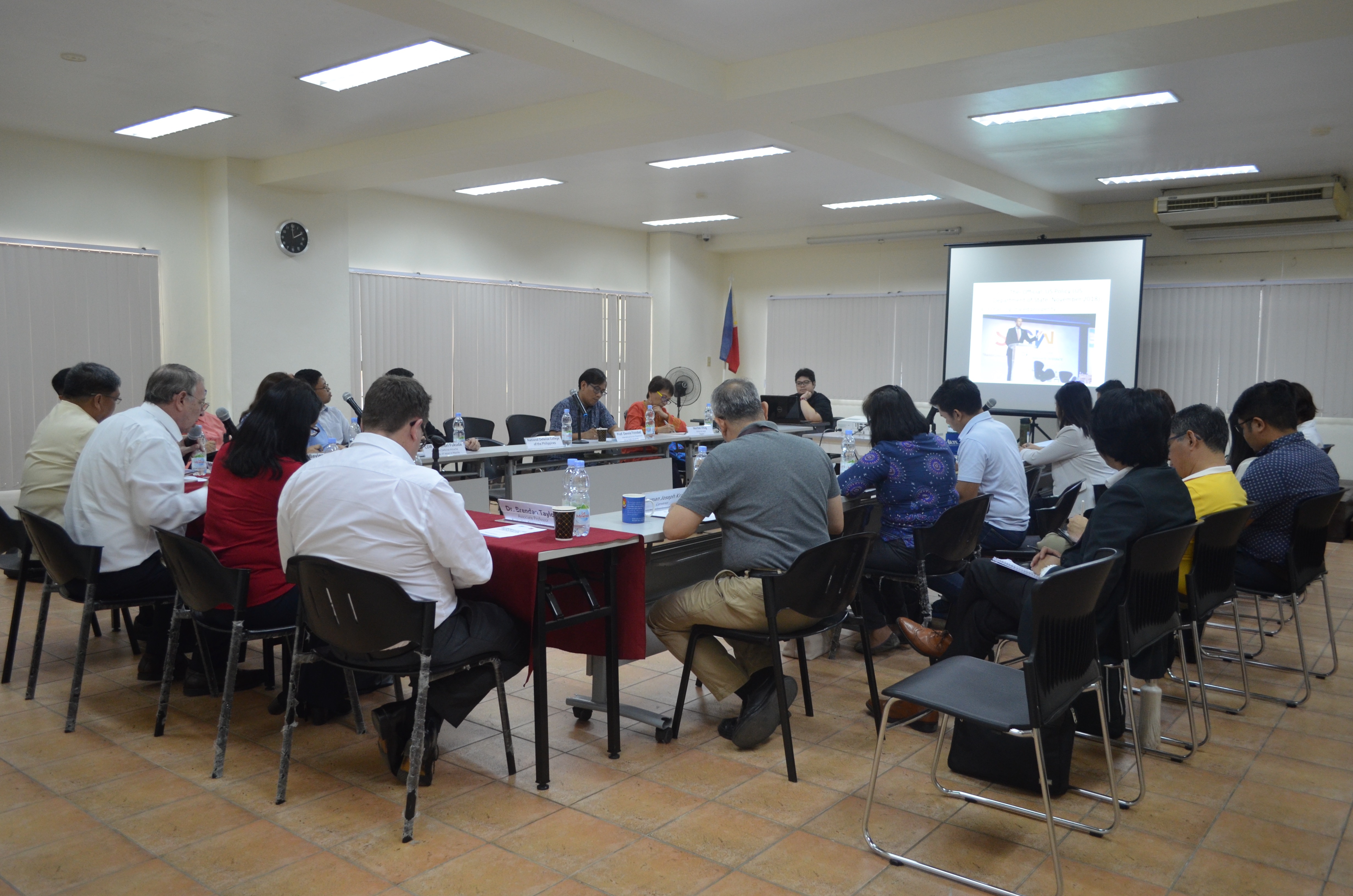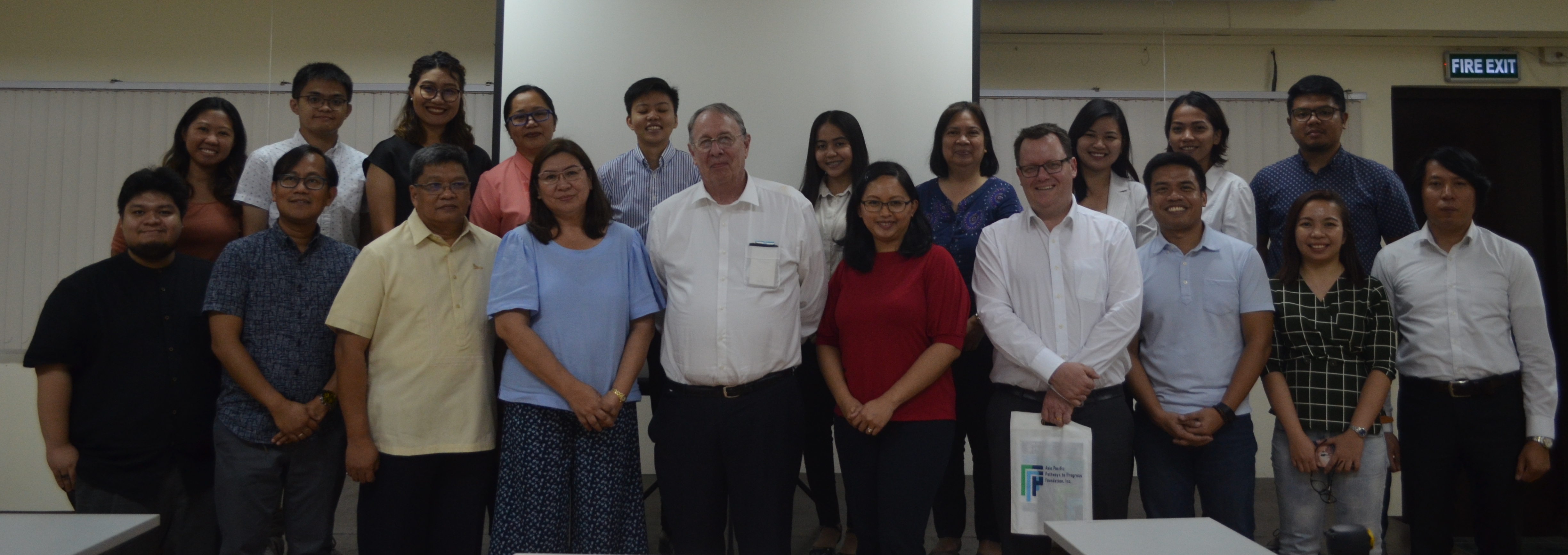
The Asia Pacific Pathways to Progress Foundation Inc. together with the University of the Philippines Center for Integrative and Development Studies (UP-CIDS) hosted a roundtable discussion on the “Dilemmas of the Indo-Pacific” on April 26, 2019. The discussion, moderated by Dr. Charmaine Willoughby, convenor of the APPFI’s Regional Security Architecture Program, examined the United States’ Free and Open Indo-Pacific (FOIP) strategy.
Three resource speakers provided American, Australian, and Filipino perspectives on the FOIP. Prof. William Tow of the Australian National University (ANU) provided a synoptic review of the Trump administration’s policy in the Indo-Pacific and highlighted key developments in international trade, good governance, and geopolitical order-building, which concretize the Indo-Pacific concept. He also tackled catalysts for the FOIP, such as the possibility of an emerging China-containment doctrine by the US, domestic pressures on the Trump administration to have a different foreign policy from Obama, and the complementarity of ideology and geography to operationalize the “America First” rhetoric.

Prof. Brendan Taylor, also from ANU and author of “The Four Flashpoints: How Asia Goes to War” (2018), discussed Australia’s stakes in the Indo-Pacific, such as its fears of exclusion from the region and economic decline, its need to secure a place in the regional order, and the possibility of a favorable (re)balance of power in the region. However, Prof. Taylor underscored the conceptual ambiguity and the divergent interests within the Quadrilateral Security Dialogue (between Japan, US, Australia, and India) that may derail future development.
Finally, Rear Admiral Rommel Jude Ong, Vice Commander of the Philippine Navy, shared naval diplomacy efforts of the Philippines that build good relations with foreign partners, improve local capacity by learning best-practices, and support Philippine foreign policy posture. He likewise presented maritime security efforts of the Philippine Navy.
During the open discussion, participants raised issues such as the feasibility and appropriateness of having a China-containment goal for the Quadrilateral Security Dialogue between Japan, the US, Australia, and India, the different usages and understanding of the Indo-Pacific concept that may result in policy incongruence, and the prospects of building on minilateral arrangements to advance Philippine foreign policy.

